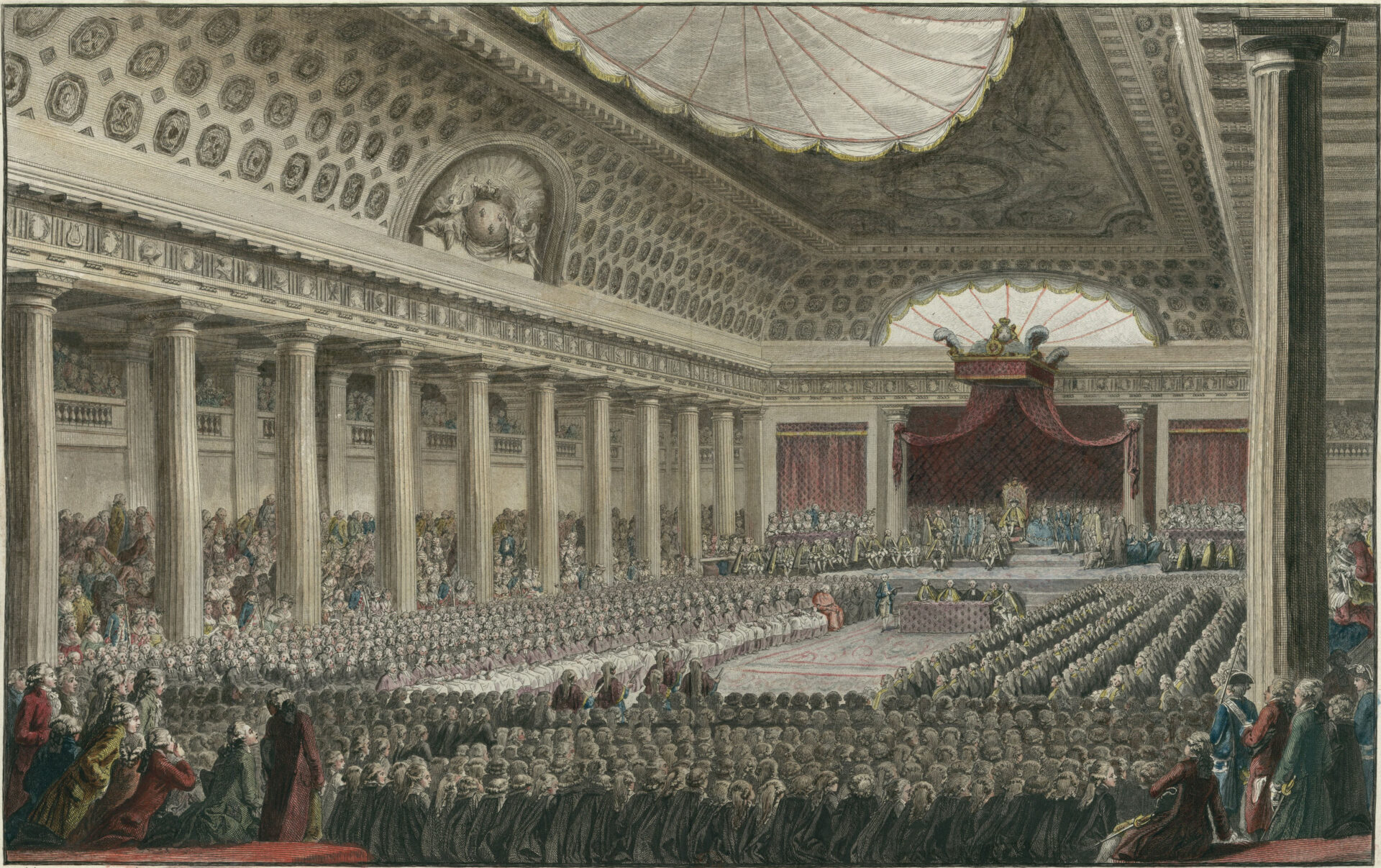In these years the French monarchy faced increasingly hostile criticism at home. When summoned in 1355 to consent to a tax, the Estates General insisted on determining its form—a general levy on sales and a special levy on salt—and demanded also that their representatives rather than those of the Crown act as collectors.
After the defeat at Poitiers, they demanded that the regent, Charles, dismiss and punish the royal advisers and substitute for them twenty-eight delegates chosen from the Estates. When Charles hesitated, the leader of the Estates, the Paris merchant Etienne Marcel, led a general strike and revolution in the capital and forced the regent to consent. But Marcel made two cardinal mistakes. He allied himself with a rival claimant to the throne, and he assisted a violent peasant revolt, the Jacquerie.
Already harrowed by the Black Death, the peasants endured fresh suffering from demands for more taxes and money to ransom nobles taken prisoner with King John. The peasantry felt harassed by the Estates General, which required them to repair the war-torn properties of the nobility. In several regions they rose up in 1358, murdering nobles and burning chateaux. The royal forces put down and massacred the peasants; the death toll has been estimated at twenty thousand. The outcome of the Jacquerie showed that, put to the test, the country failed to support either the more radical Parisians or the mobs in the countryside. In the final flare-up, Marcel was murdered, and Charles repressed the revolt.
Although the Estates had in effect run France for two years, they had imposed no principle of constitutional limitation upon the king. With the country in chronic danger of invasion, even rebels wished to strengthen rather than weaken the monarchy. Moreover, the critics of the Crown—clergy, nobles, townsmen—mistrusted one another because of conflicting class interests. Even members of a single estate were divided by the differing interests of the provinces from which they came. Charles the Wise was quick to exploit the advantages that these class and local antagonisms gave the Crown.

